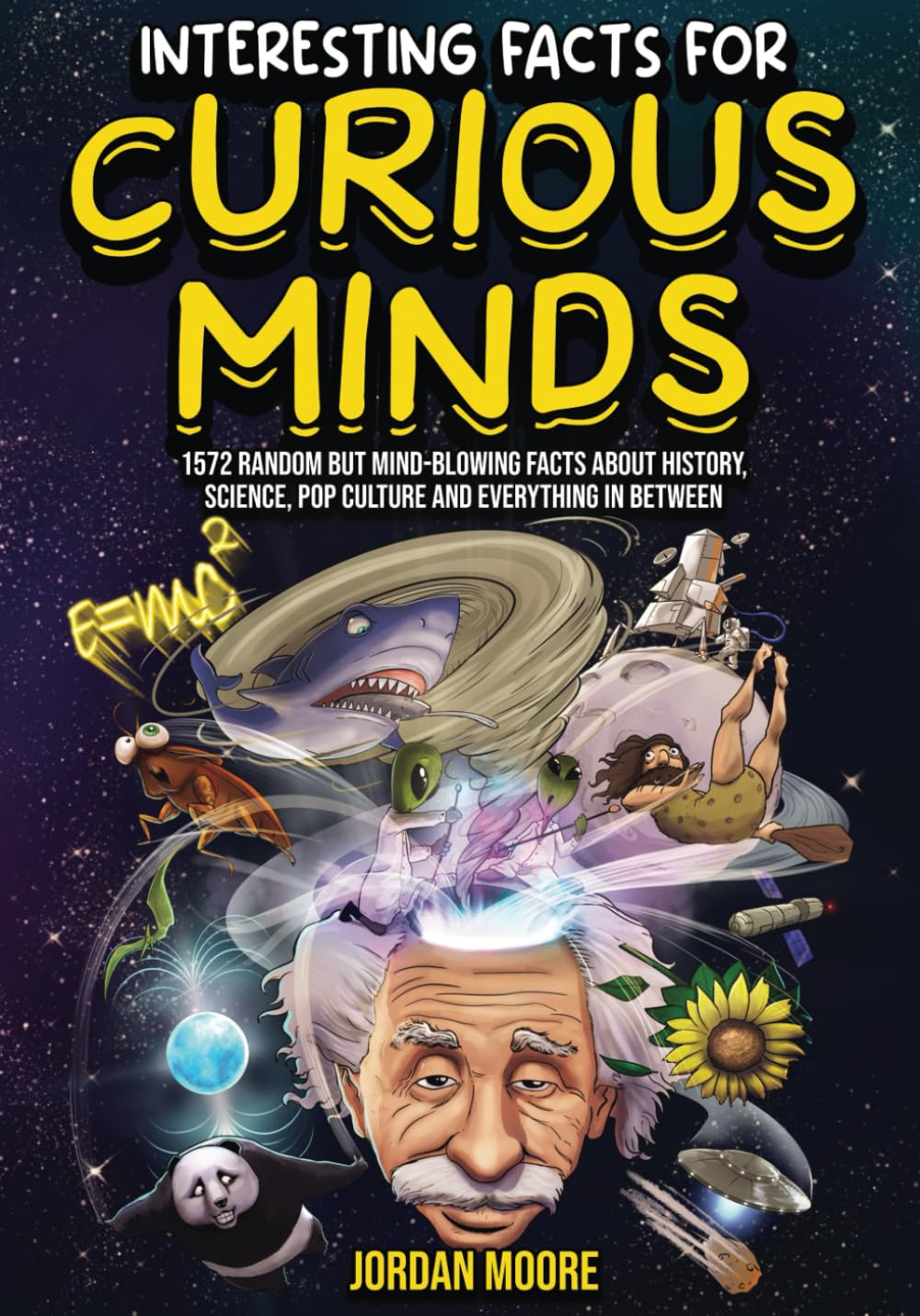
Interesting Facts For Curious Minds: 1572 Random But Mind-Blowing Facts About History, Science, Pop Culture And Everything In Between
Keeping Time
byKeeping Time has been a concept of great importance throughout human history. It’s been defined as the sequence of events that cannot be reversed, yet some scientific theories suggest that the sequencing might be altered. These theories raise intriguing possibilities, like the idea of time travel, which has fascinated scientists and philosophers alike. Despite these theories, time remains an essential aspect of daily life, and much of how we track it has evolved over millennia. From the first water clocks to modern atomic clocks, humanity has developed a wide range of methods for measuring time accurately.
One of the earliest and most reliable forms of timekeeping were water clocks, which date back to around 1600 BCE in both Egypt and Mesopotamia. These clocks worked by measuring the flow of water, marking the passing of time in a more consistent way than previous methods. The use of the moon and sun to track time also predates clocks, with ancient civilizations using the natural rhythms of these celestial bodies to create calendars. In fact, the development of calendars occurred before clocks, as people began to recognize the patterns in the lunar and solar cycles. These early systems laid the foundation for the precise timekeeping we rely on today, and their evolution reflects the growing need for accuracy in managing time.
The introduction of mechanical clocks in Western Europe during the late 1200s marked a significant advancement in timekeeping technology. Early clockmakers, primarily from Germany, laid the groundwork for the global watchmaking industry that would later flourish in Switzerland. In fact, the Swiss watchmaking tradition, exemplified by companies like Rolex, grew from this early mechanical clockmaking, eventually positioning Switzerland as the global leader in timepiece manufacturing. Rolex, originally founded in London in 1905, moved to Geneva in 1920 to establish itself in the heart of the watch industry. This shift symbolizes the growth of Swiss expertise in horology and the global influence of Swiss-made timepieces in modern times.
The understanding of time continued to improve with the development of more accurate systems, such as atomic clocks. These clocks, which began being developed in the 1950s, use the frequency of radiation from atoms to measure time with extraordinary precision. The introduction of these clocks, along with advancements in satellite systems, revolutionized our ability to measure time across vast distances. Today, Coordinated Universal Time (UTC) is the standard by which all time is regulated globally, and it serves as the foundation for time zones around the world. While UTC is often confused with Greenwich Mean Time (GMT), they are not the same, though GMT was historically used to measure time at the Royal Observatory in Greenwich, England.
In addition to these developments, the complexities of timekeeping have been influenced by various cultural and scientific milestones. For example, the Julian calendar, introduced by Julius Caesar in 45 BCE, solved the problem of leap years, helping to standardize the way time was tracked across the Roman Empire. This calendar was used until the Gregorian calendar replaced it in 1582, though it remained in use in many Western countries until much later. Similarly, lunar and lunisolar calendars, which are based on the cycles of the moon, have been used for centuries to track time in various cultures around the world. These systems continue to be important in some societies today, offering a connection to ancient practices while still serving practical purposes in the modern world.
Timekeeping has not only shaped our daily routines but also our understanding of the universe. For example, the longest and most consistent measurements come from atomic clocks, which have been crucial in the development of technologies like GPS. These atomic clocks, which measure time by the vibration of atoms, have helped refine our ability to track time with unmatched accuracy. Similarly, advancements in solar and wind power have raised questions about the relationship between time and energy, as the need for precise time measurement continues to grow in industries ranging from telecommunications to space exploration. As we continue to study the concept of time, it is clear that the progress made in timekeeping has had a profound impact on the way we live, work, and interact with the world around us.
In conclusion, timekeeping is a field that has evolved tremendously over the centuries. From ancient water clocks to modern atomic clocks, the development of time measurement tools has enabled societies to synchronize activities, plan events, and manage resources efficiently. The global standardization of time, along with the advancements in technology, ensures that we are able to stay connected and informed, no matter where we are on the planet. As we continue to explore new ways to measure and understand time, it is evident that time itself remains a fundamental aspect of human existence, shaping our past, present, and future.

